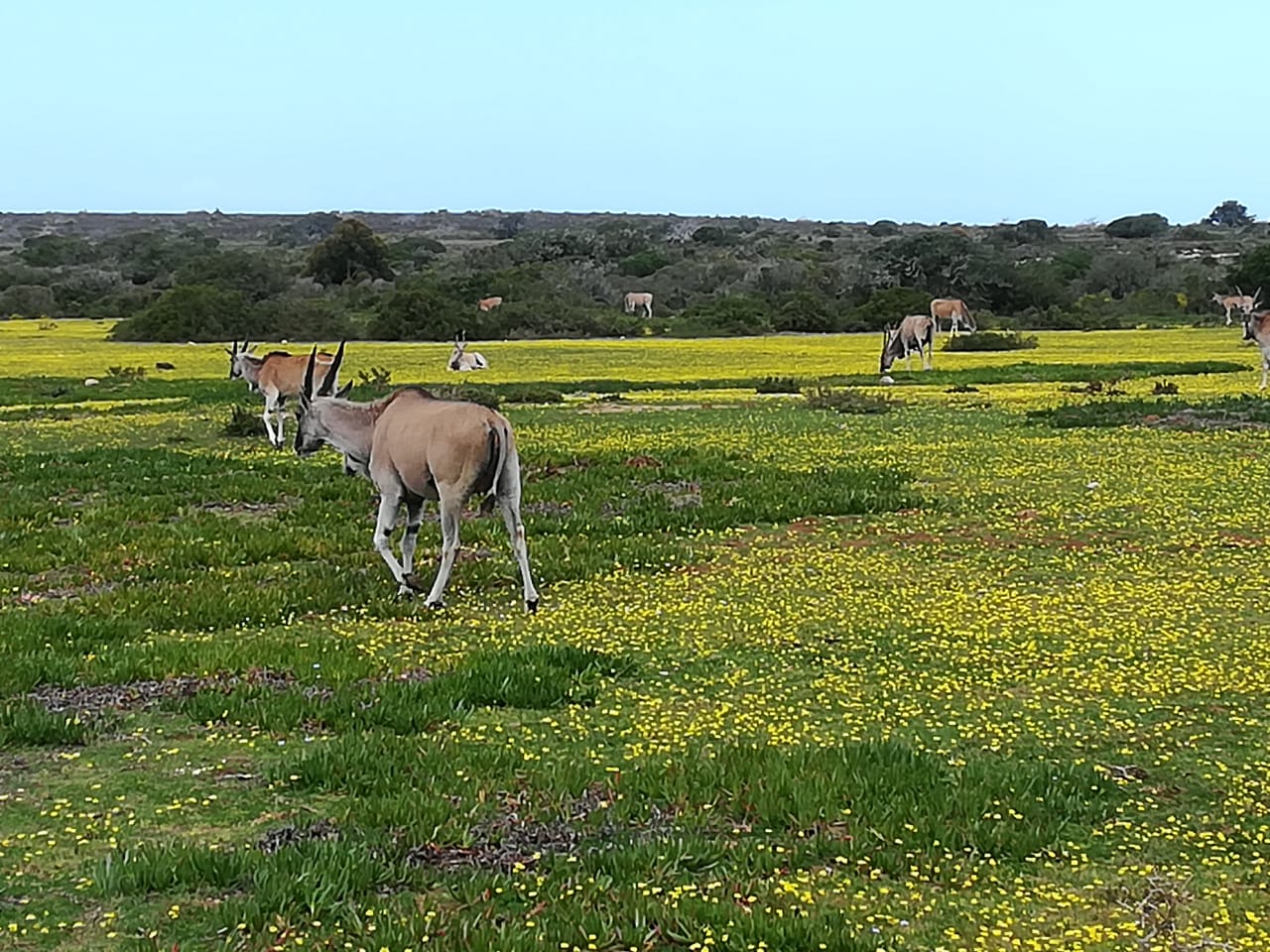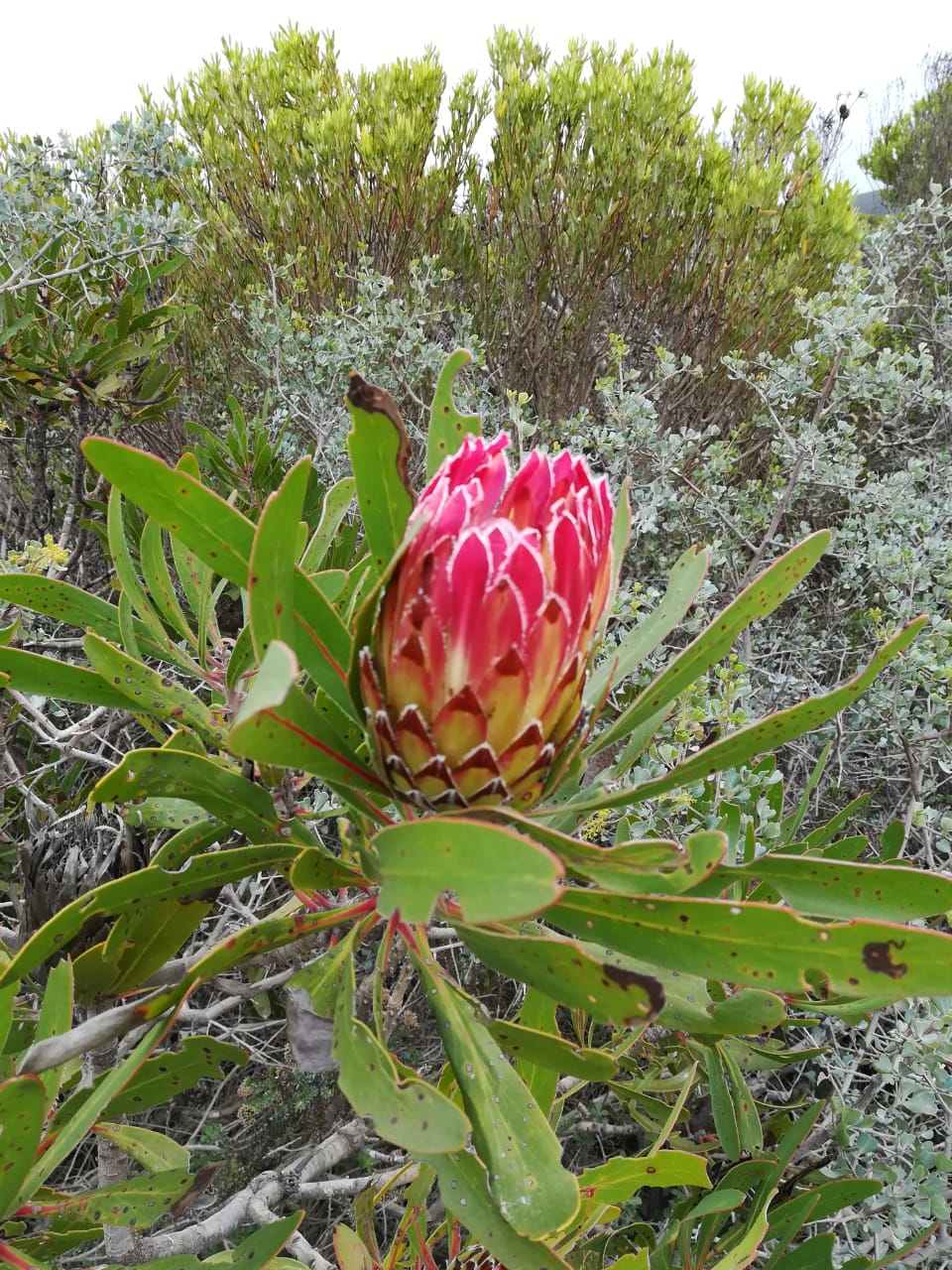About 80% of Africa's population relies on traditional medicine for their primary health needs. In some cases, traditional medicine is the only healthcare service available, accessible and affordable. During the last week of August, our continent celebrates African Traditional Medicine Week (24th - 31st August). In this period, we reflect on the power of plants and the significant contribution they make. Traditional African medicine is a holistic discipline that incorporates natural herbs, ingredients and African spirituality to bring physical, mental and spiritual healing to individuals.
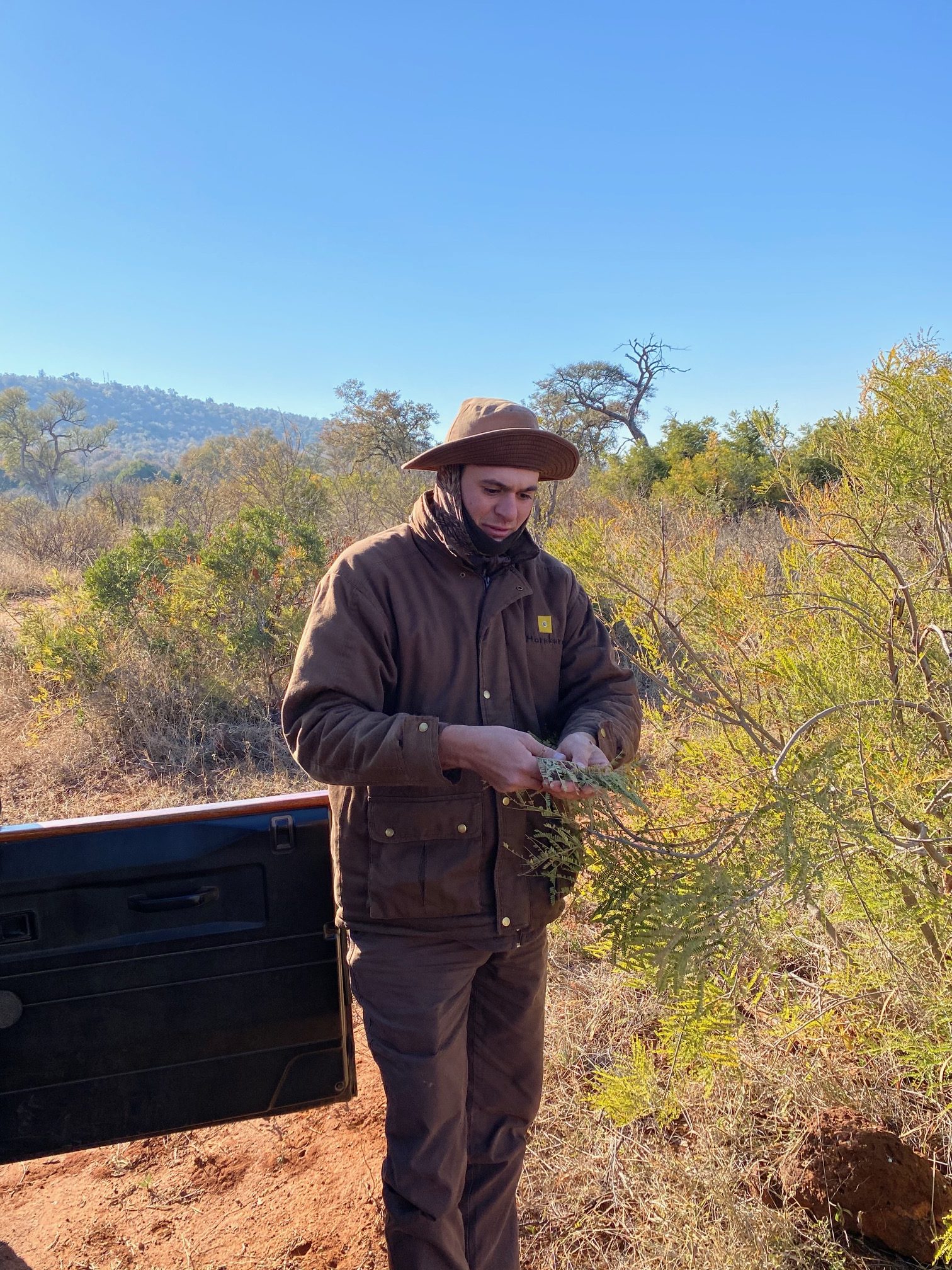

Morukuru Ocean House and Morukuru Beach Lodge are surrounded by vast stretches of indigenous Fynbos, which thrives in coastal, mountainous areas with winter rainfall and Mediterranean climate. These hardy plants are floral superheroes being able to withstand low nutrient soils, heavy downpours, strong winds and even droughts.
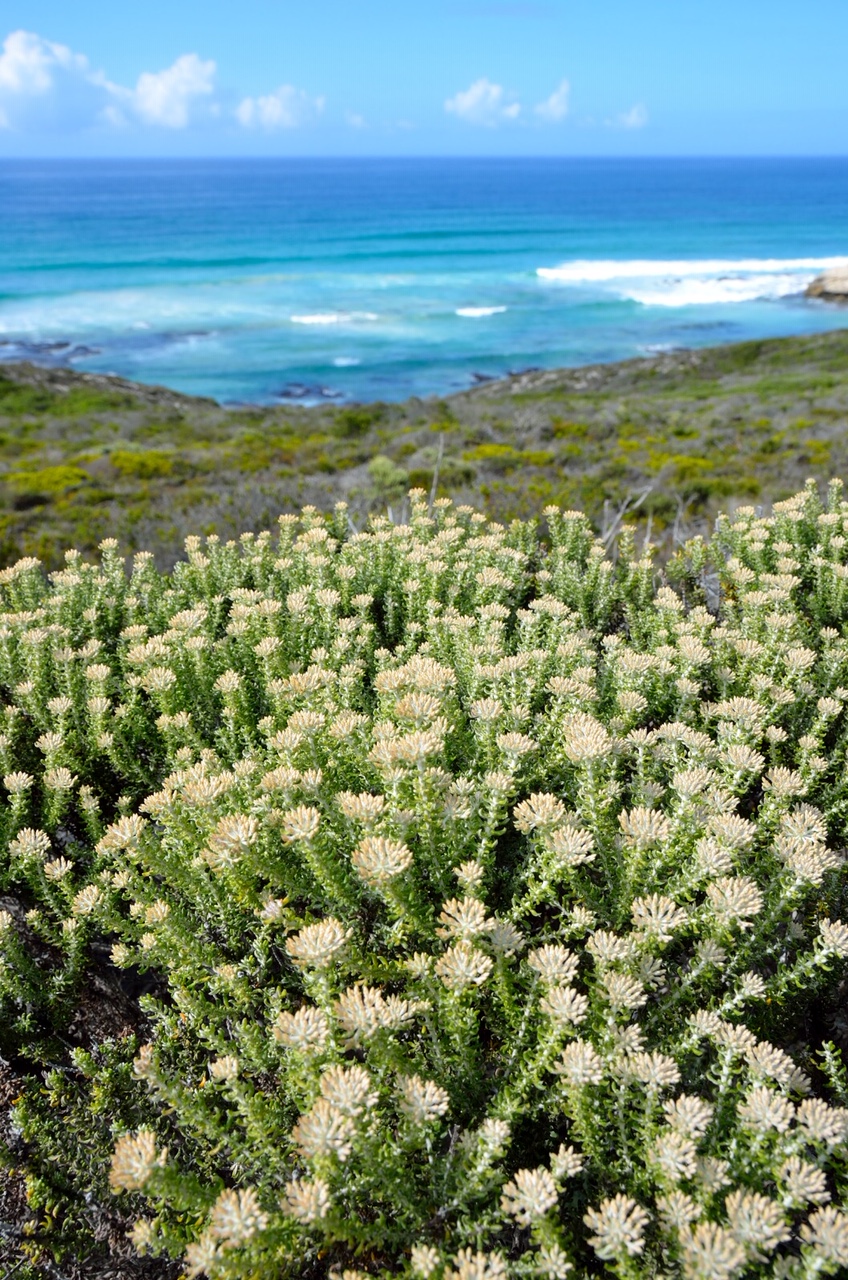



When you are walking in the De Hoop Nature Reserve ask your guide to point out a Buchu shrub. Buchu is a type of Fynbos and belongs to the Agathosma family. ‘Elixir of youth’ is the name that the Khoisan people gave to the Buchu plant. This “muti” plant is used to make Buchu Tea, which is widely used for colds, hangovers, cystitis and as a diuretic. Buchu is celebrated for its anti-inflammatory properties for rheumatism and gout. It has a distinctive natural minty, liquorice-tinged flavour.
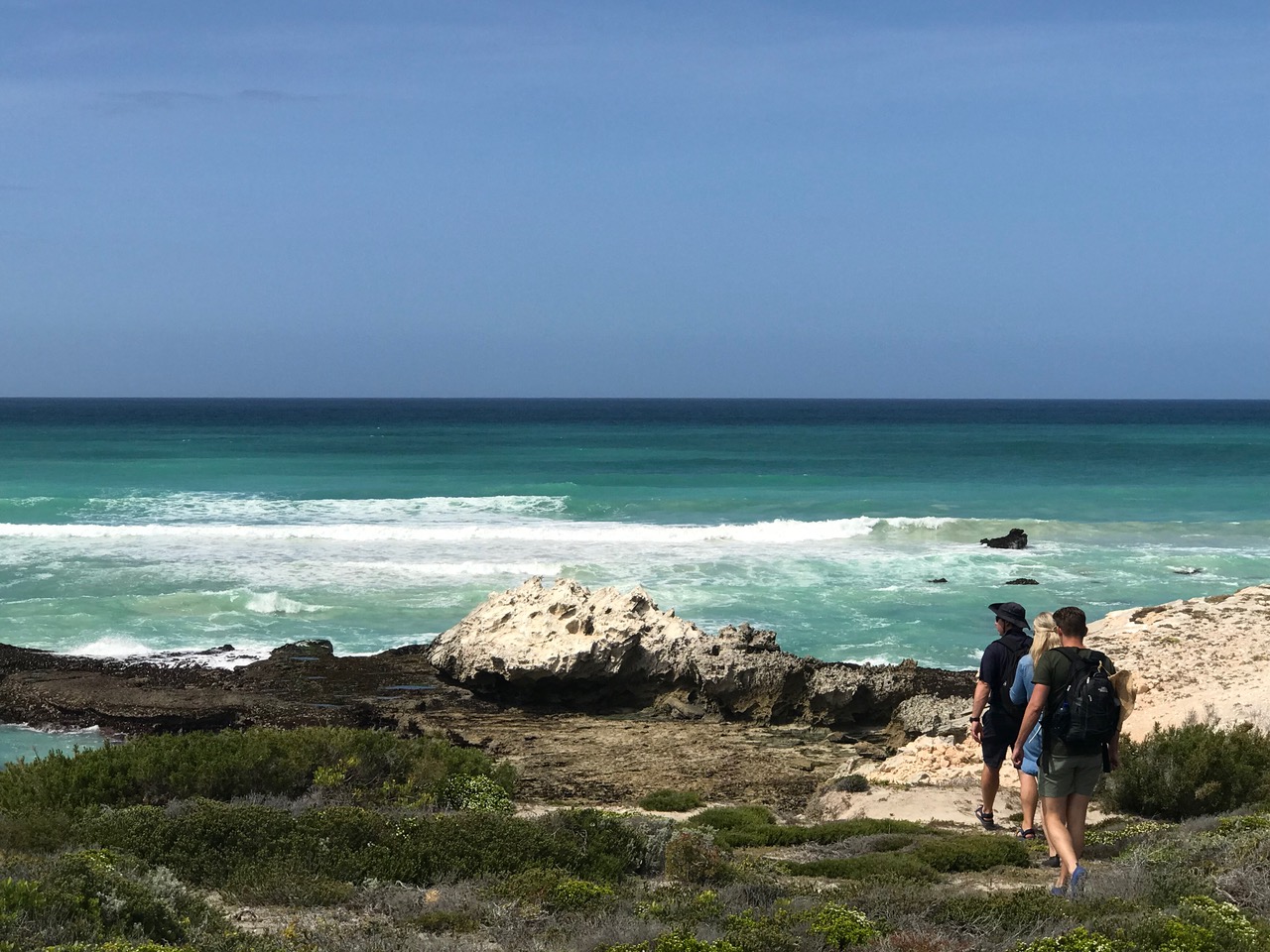

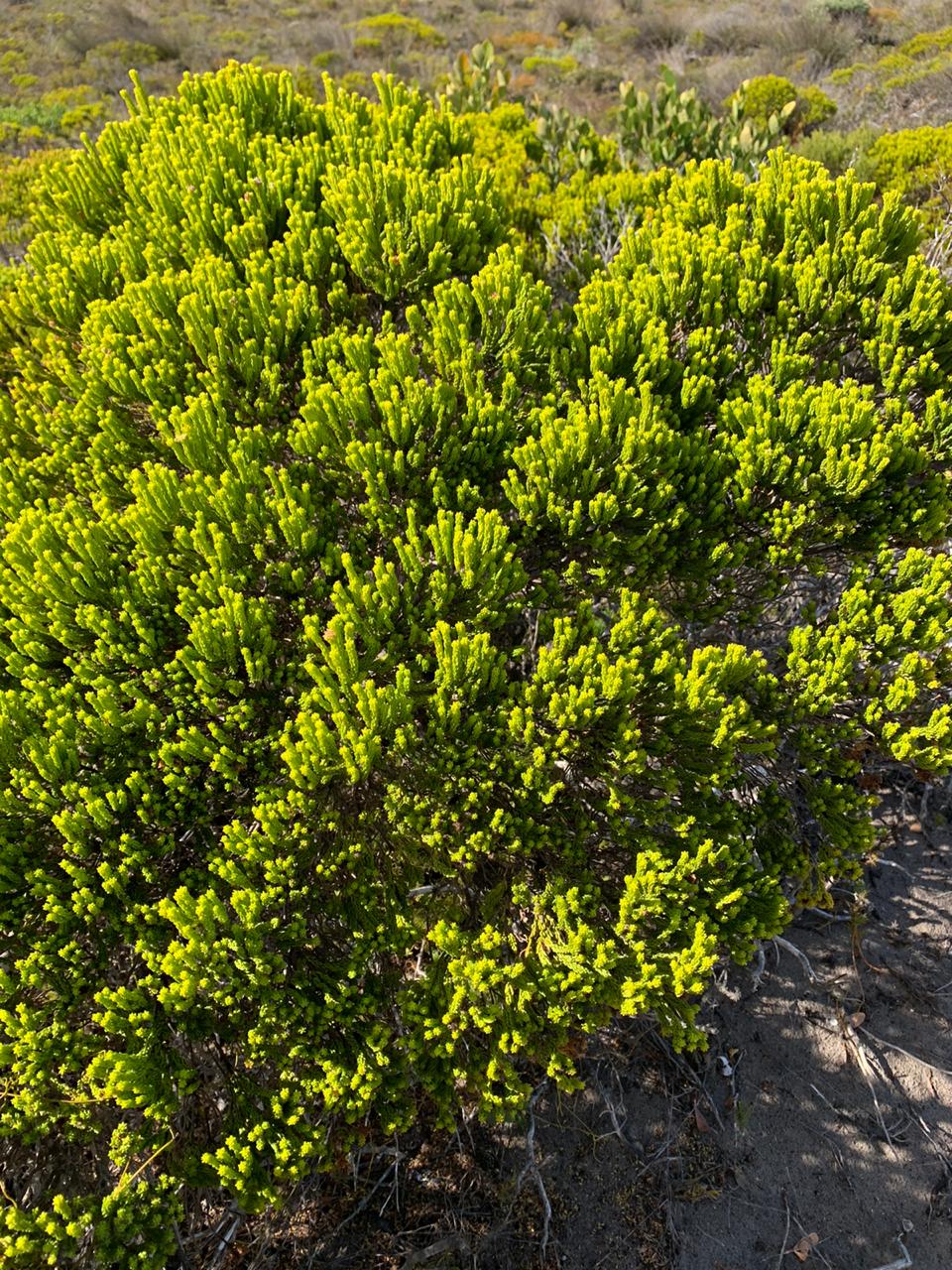

Another Fynbos species to look out for is Rooibos (Aspalathus linearis) which is packed with antioxidants. Rooibos reduces stress by lowering the body’s production of the hormone cortisol; it alleviates allergies and inflammations; calms stomach cramps; reduces blood cholesterol levels, prevents the development of liver disease and alleviates colic in babies. There is an African proverb that says “Your food is supposed to be your medicine and your medicine is supposed to be your food.” - that’s true of Buchu and Rooibos.
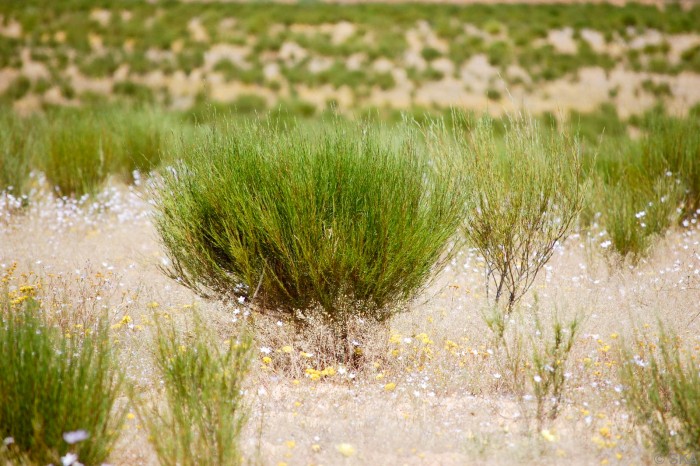

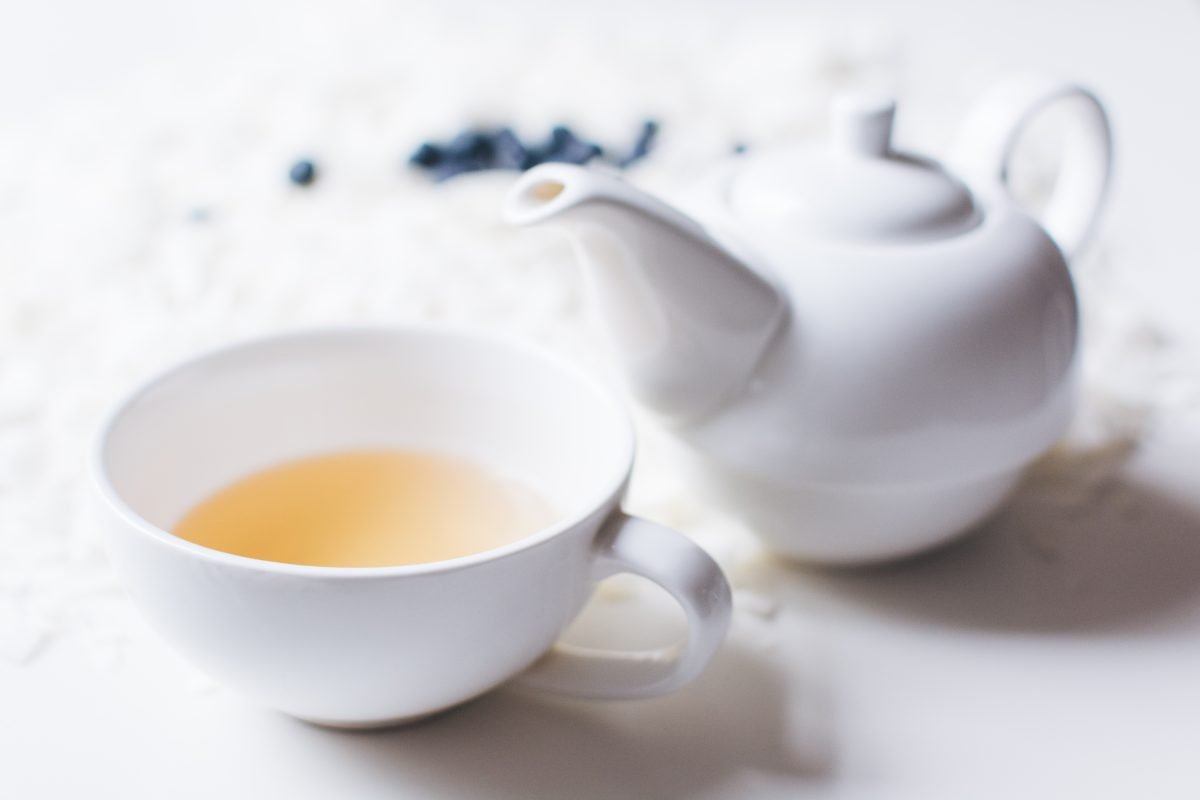

Morukuru Family is in the Madikwe Game Reserve where you have the opportunity to spot the Big Five as well as some pretty powerful plant species. The climate of the Madikwe region plays a significant role in Madikwe’s rich fauna as well as the bushveld, which is a mix of Kalahari bushveld, arid sweet bushveld and turf thornveld.
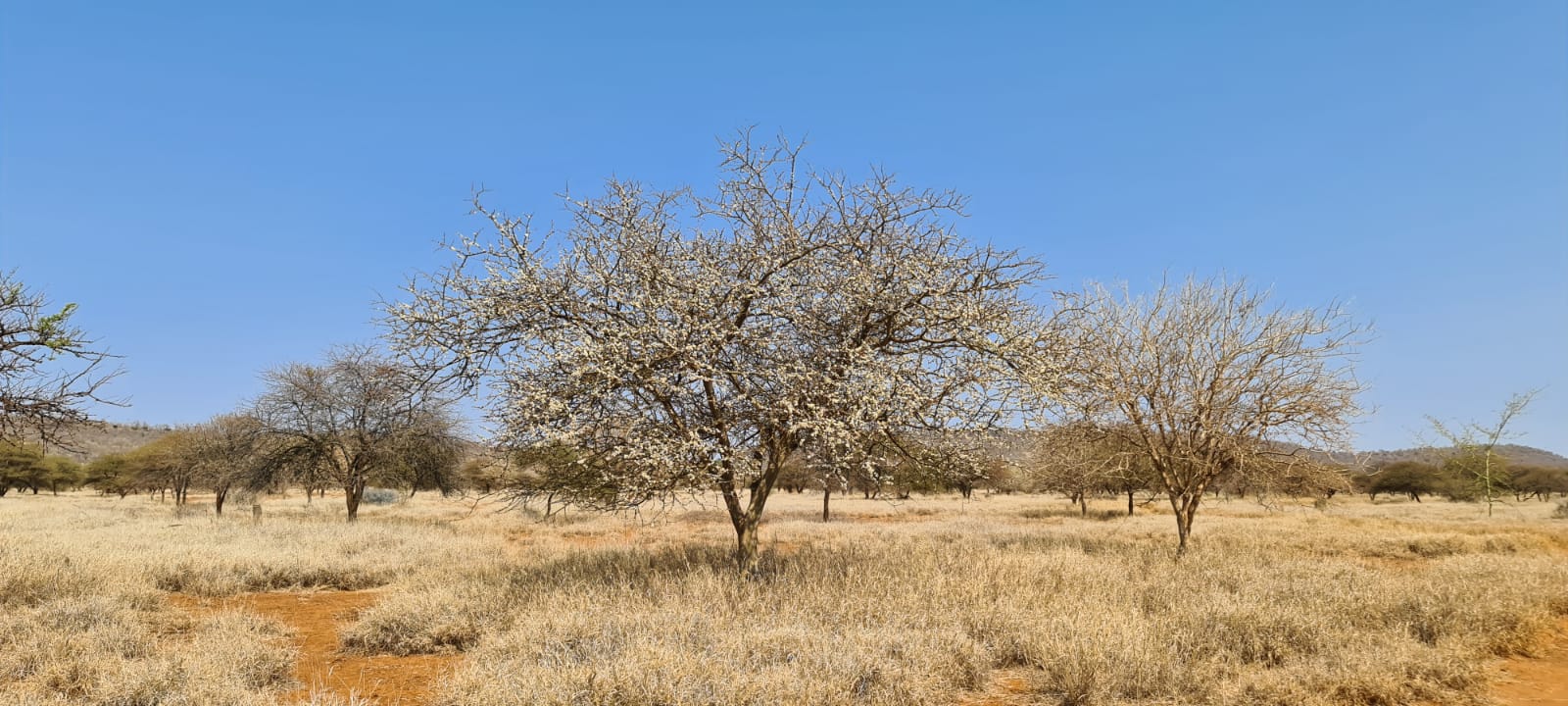

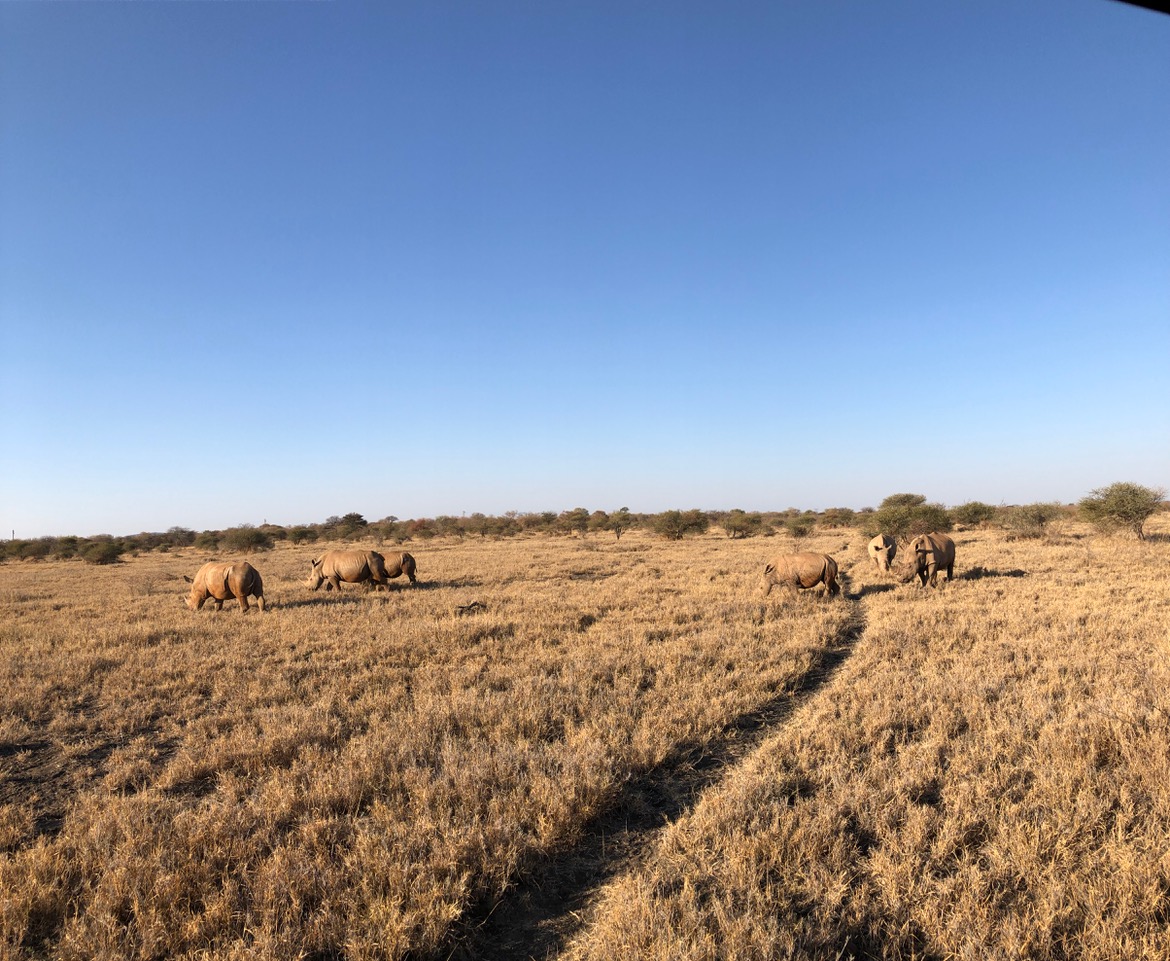

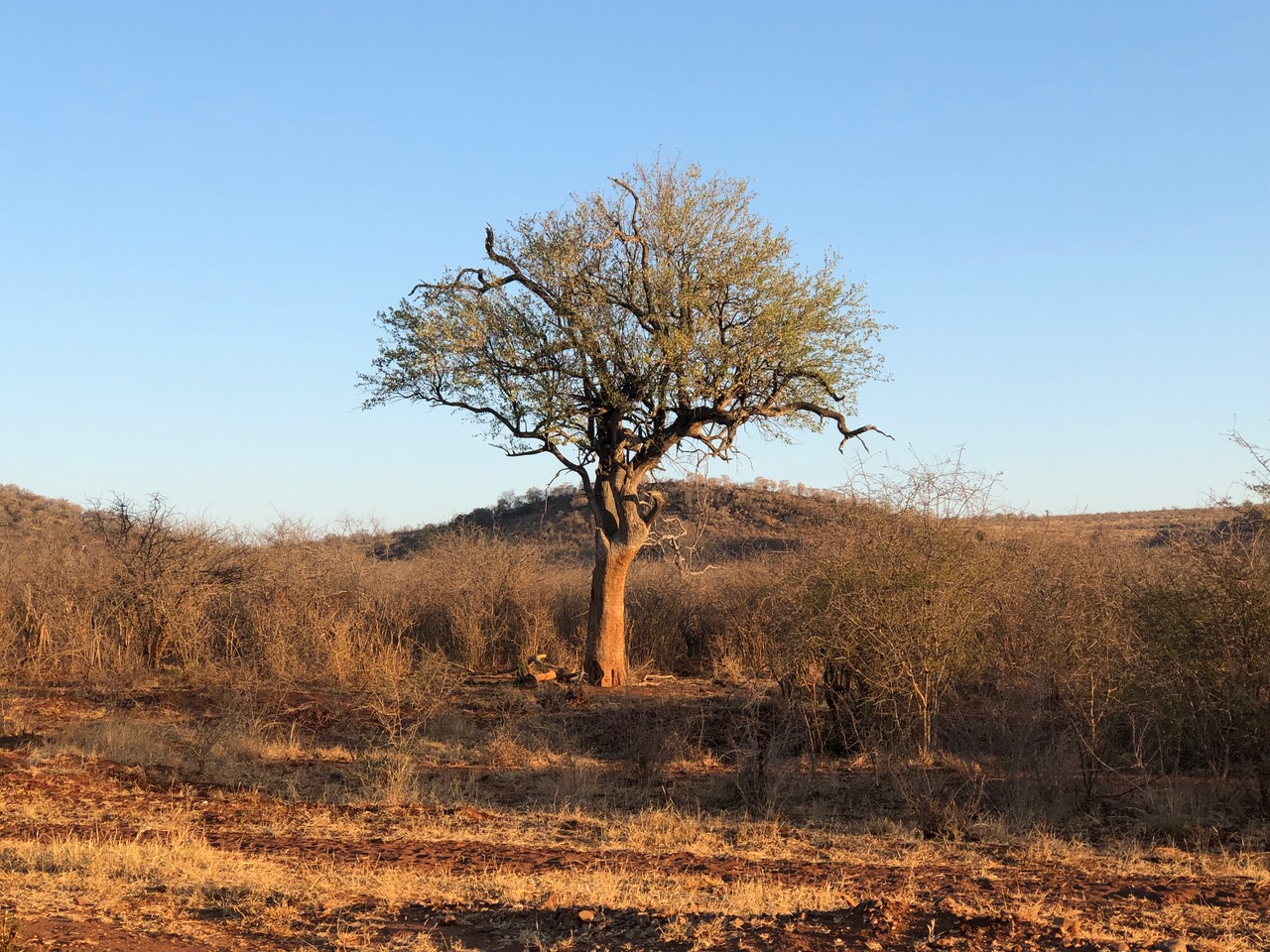

Ask your ranger to point out the Bushy Honeycup (Melhania acuminate) from the Sterculiaceae family. This small, bushy shrub grows to about 40cm tall and the small, yellow flowers open in the late afternoon. The Bushy Honeycup is abundant around the lodge where you will find it flourishing in sandy areas. In traditional Setswana herbal medicine, this plant is calledMokhana. A tea made by boiling the roots can be used for constipation, menstruation, heart palpitations and stomach ailments.
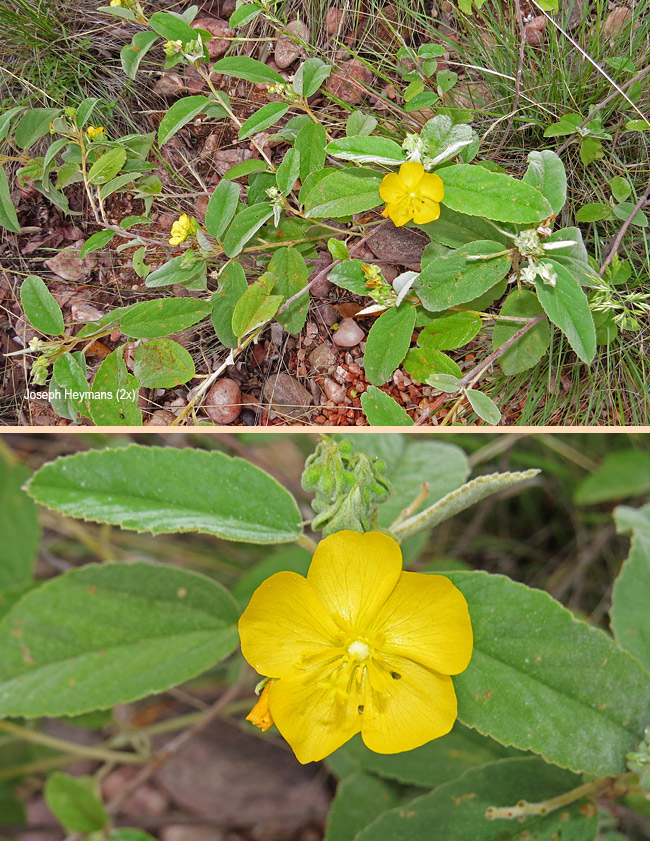

Traditional healers in the Madikwe region also use Elephant Dung (Sibi Thlou) to treat many ailments. An infusion taken a couple of times a day helps stomach cramps, constipation and some flu-like symptoms. If a painkiller is needed, inhaling the smoke of the dung can relieve a headache, reduce toothache and reduce other pains.
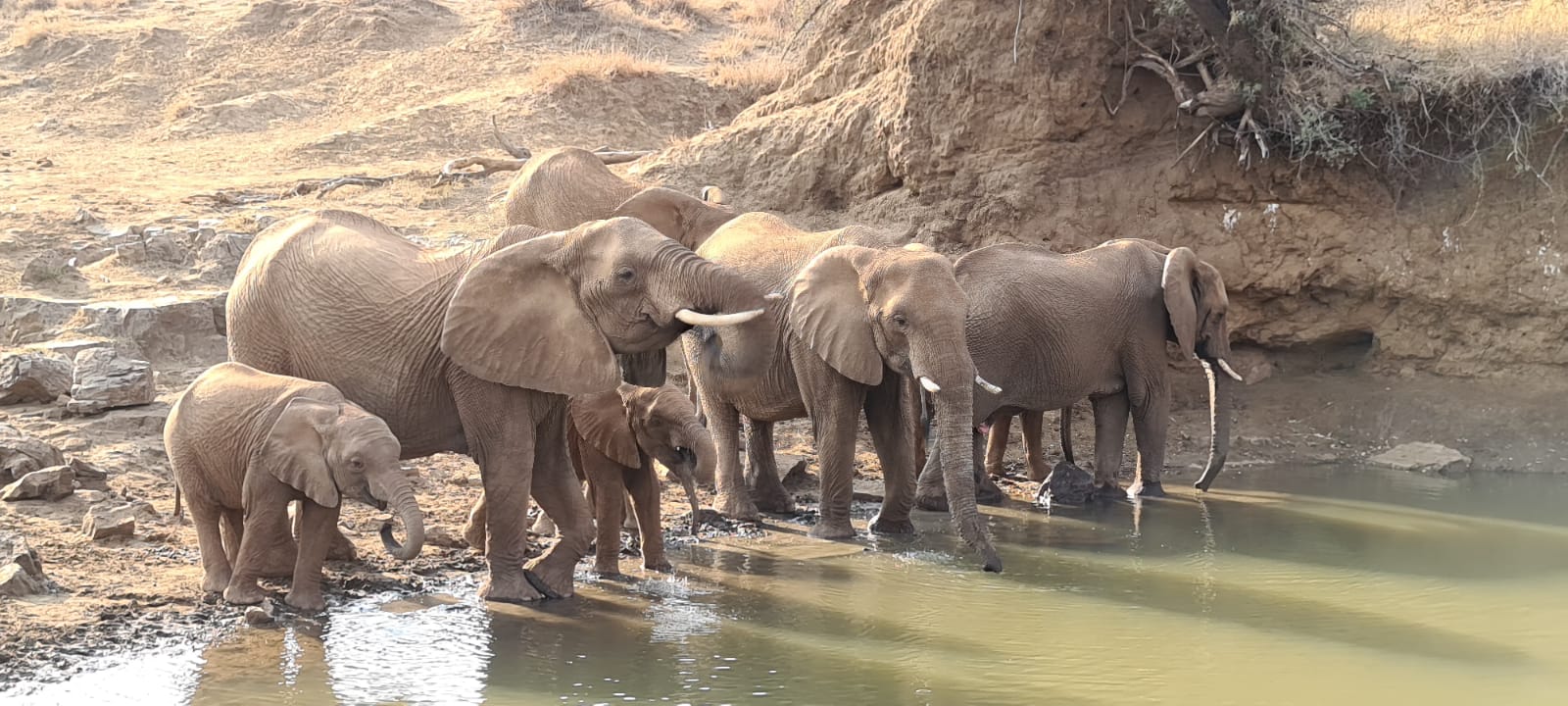

Another powerful plant found at Morukuru Family Madikwe is the Bushman Poison Bulb (Boophane disticha). Beware this is very poisonous! Adult Elephants recognise the danger of this plant and destroy it to protect their young. Due to this evasive action from elephant, these plants are tricky to find, but there is one growing within the confines of the lodge. This bulb has a large number of medicinal uses, including pain relief for headaches, chest pain or bladder complaints. The bulb scales or leaves can be used as stoppers after ear piercings, to treat circumcision wounds, to treat skin ailments such as burns, rashes, swellings, boils, abscesses and sores. This plant is also used to arouse the Spirits; bulb infusions can cause hallucinations and some report that even just sniffing the flowers can cause headache, sore eyes and drowsiness. So best to proceed with caution!
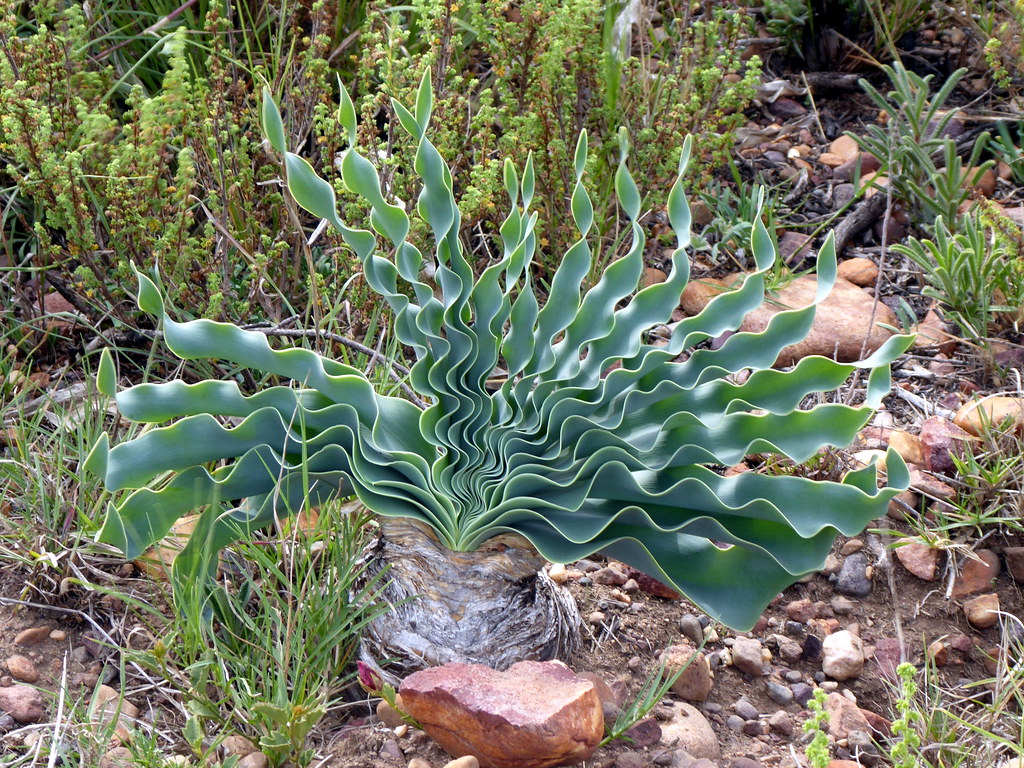

Traditional medicinal techniques in South Africa are under-studied, but they continue to play an important role in many people’s lives. Besides their anthropological value, traditional medicine also has the potential to lead to new treatments for diseases. This AfricanTraditional Medicine Week we celebrate the power of plants and the role they play together with healers who help people stay well and get better.
